The most expensive countries to live in revealed
Countries where it costs the most to live
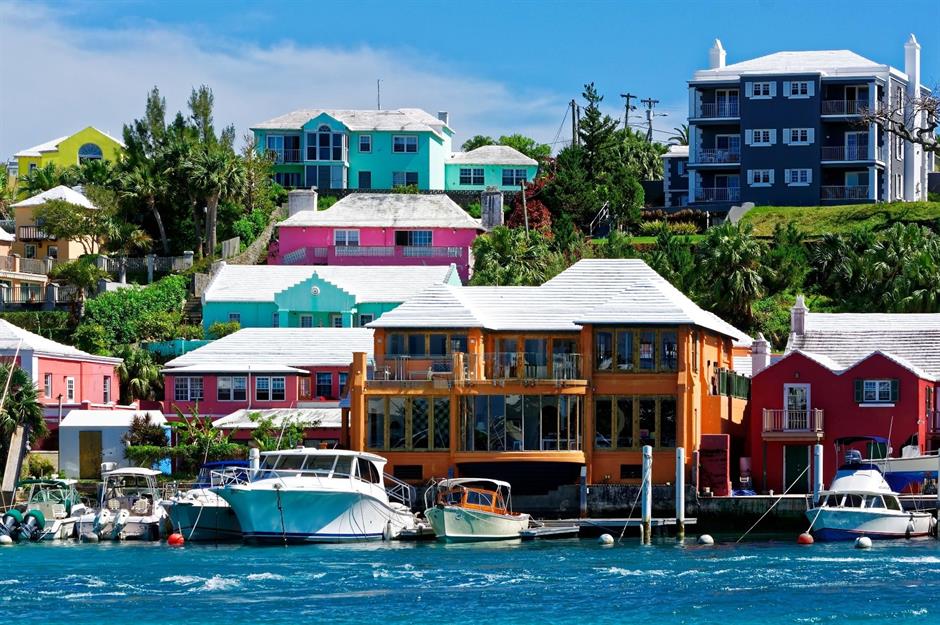
Have you ever wondered where in the world is the most expensive place to live? With data from Numbeo, the cost of living database, we've uncovered the countries where your wallet will have to stretch the furthest to get by. The ranking is based on the price of consumer goods, which includes groceries, restaurants, transportation, and utilities, but excludes the cost of accommodation.
The index scores are relative percentages of the cost of living compared to New York City, which has an index score of 100. So countries scoring below 100 are cheaper to live in than New York, and countries scoring above 100 are more expensive. Read on to see the most expensive countries to live in this year. All dollar values in US dollars unless otherwise stated.
30th most expensive country: Macao
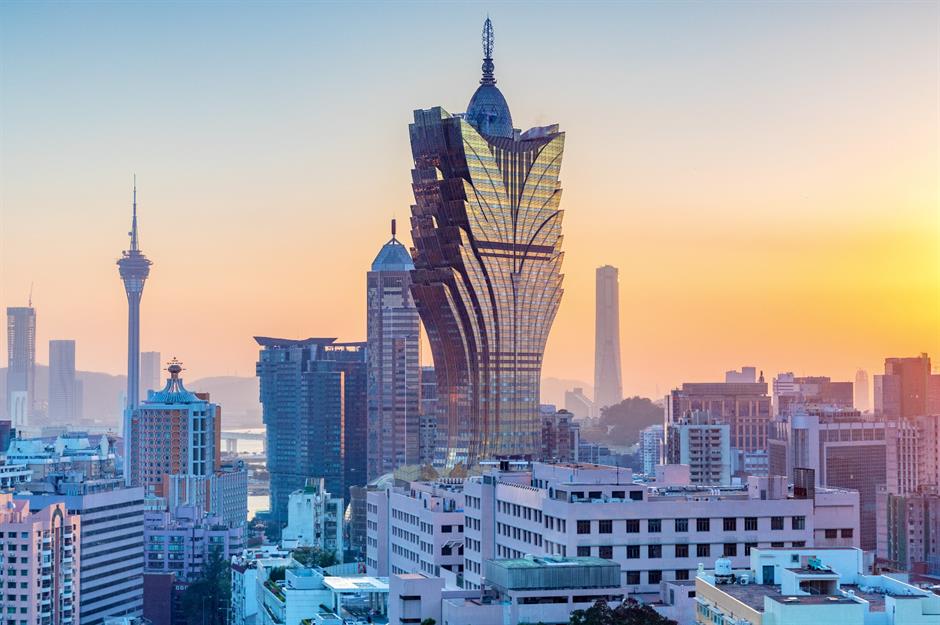
Index score: 68.16.
Macao, or Macau, was under Portuguese rule until 1999, when it was given back to China. Despite this, it maintains its own governing and economic systems. It's the most densely-populated region in the world and, on average, residents of Macao spend significantly more on their daily expenses than people in mainland China. In fact, consumer prices are 50.71% higher in Macao than Beijing.
29th most expensive country: Lebanon

Index score: 69.32.
According to Bloomberg data, Lebanon has the highest inflation rate in the world and is now the 29th most expensive country to call home. What's more, the purchasing power index for Lebanon residents has declined to just 32.48, the third lowest score of any place on this list. This means it's difficult for people to find good value for their money. According to Lebanese economists, the high cost of living is also due to poor infrastructure and a lack of proper public services.
Sponsored Content
28th most expensive country: Italy

Index score: 69.99.
Italy is famous for its delicious food but its world-renowned cuisine comes at a premium price. A kilo of local cheese, for example, costs $13.84 (£10.47), which is $2.76 (£2.09) more expensive than in America and $6.43 (£4.86) more expensive than in the UK. Italians can console themselves by pairing their costly cheese fix with a far more affordable bottle of wine. On average, a mid-range vino is $5.64 (£4.27) – less than half the price of the US equivalent and more than $3 (£2.27) cheaper than in the UK.
27th most expensive country: United States
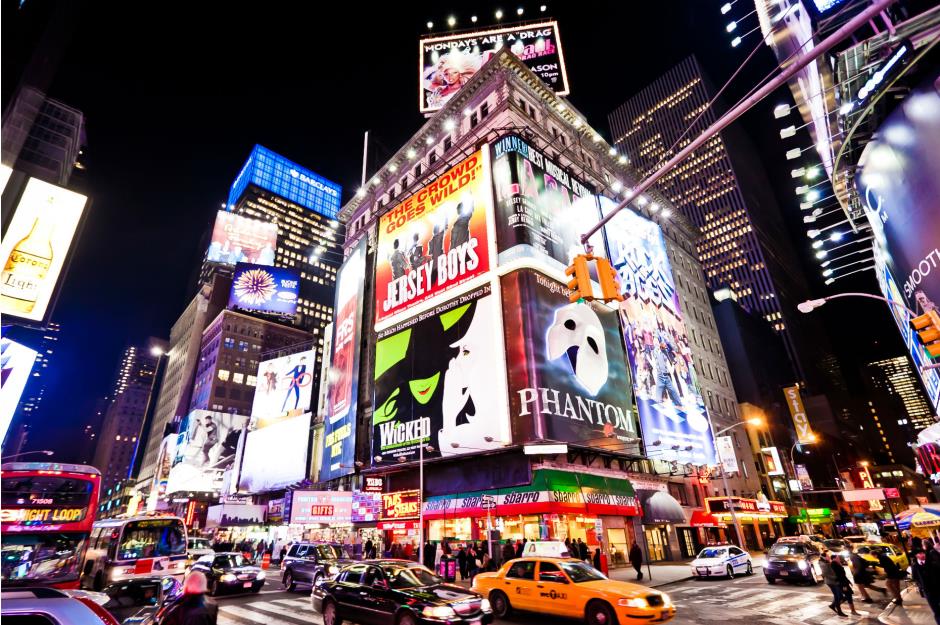
Index score: 70.55.
With New York as the base city for this index, the USA ranks 27th overall. The healthcare system in America is the most expensive in the world, with residents paying a steep $10,586 (£8k) on average each year. That's $3,269 (£2.5k) more than Switzerland, which is the second most expensive country for healthcare costs.
26th most expensive country: United Kingdom
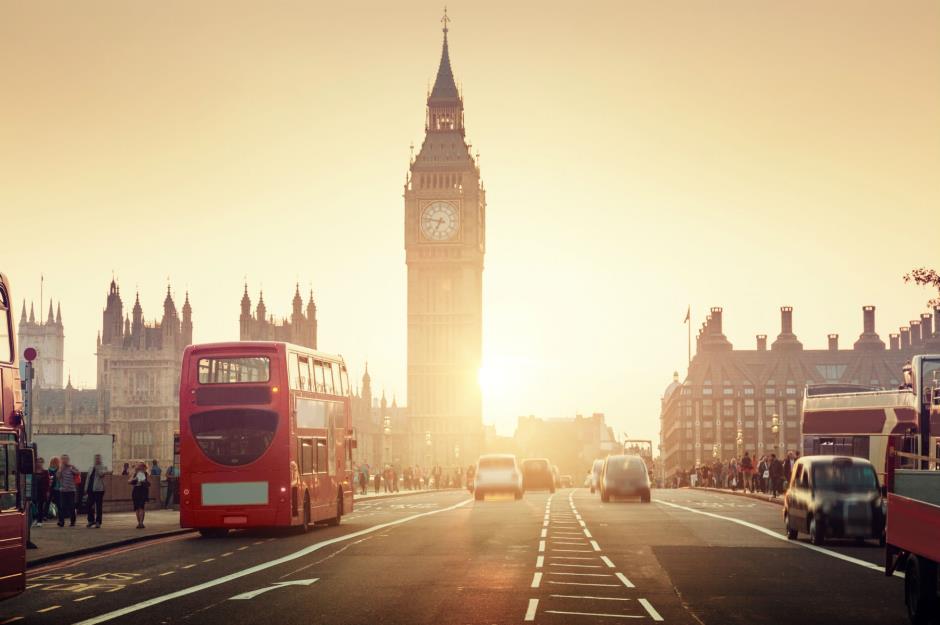
Index score: 70.64.
Naturally, London is the most expensive place to live in the UK. In fact, unlucky Londoners endure the world's most costly commute, with a monthly transport pass costing £160 ($212). Overall, the UK ranks as the 10th most expensive country in terms of the cost of monthly travel. On the plus side, grocery costs in the UK are 27.38% lower than across the pond in America, and the country also benefits from a free healthcare system.
Sponsored Content
25th most expensive country: Canada
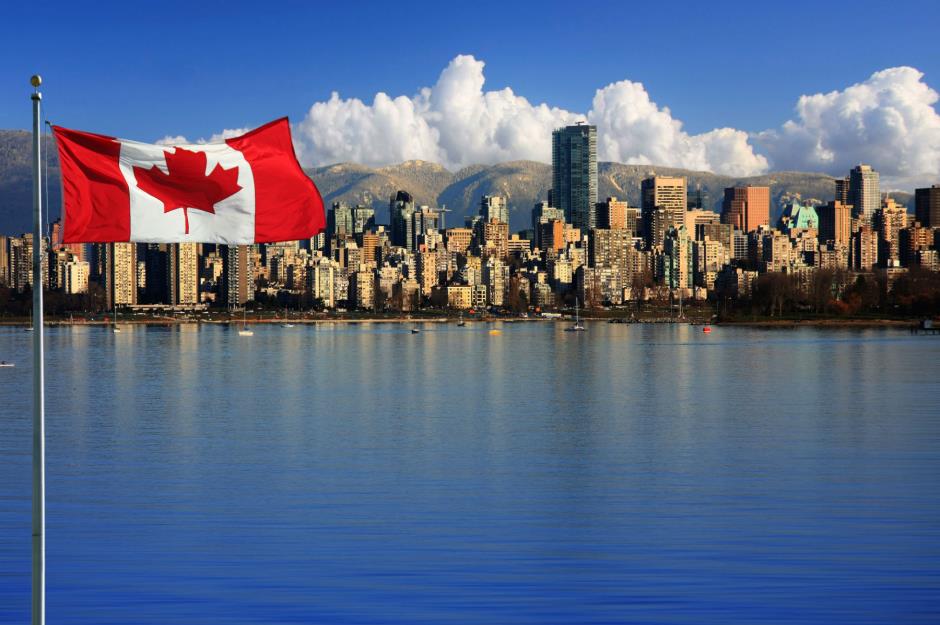
Index score: 71.45
Canada's prices are consistently high across the board, particularly when it comes to dairy products. A litre of milk, for example, costs $1.93 (£1.46) on average, compared to just $0.87 (66p) in America. Supply management issues have been blamed for the sky-high price of dairy products, which can vary quite significantly from province to province. According to the Canadian Fluid Milk Report, a four-litre bottle of milk in Sudbury, Ontario costs CA$4.68, while the same bottle costs a whopping CA$7.13 in Moncton, New Brunswick.
24th most expensive country: Malta

Index score: 72.92.
Malta has long been thought of as a cheap getaway destination for expats due to its favourable tax laws. However, the mounting cost of living there is starting to change that. Malta has the second lowest local purchasing power index rating on our list, at 36.73, meaning that it's difficult for people living there to get good value for money. That said, there is an abundance of farmers' markets and budget supermarkets that help to bring everyday costs down, if you know where to shop.
23rd most expensive country: Seychelles
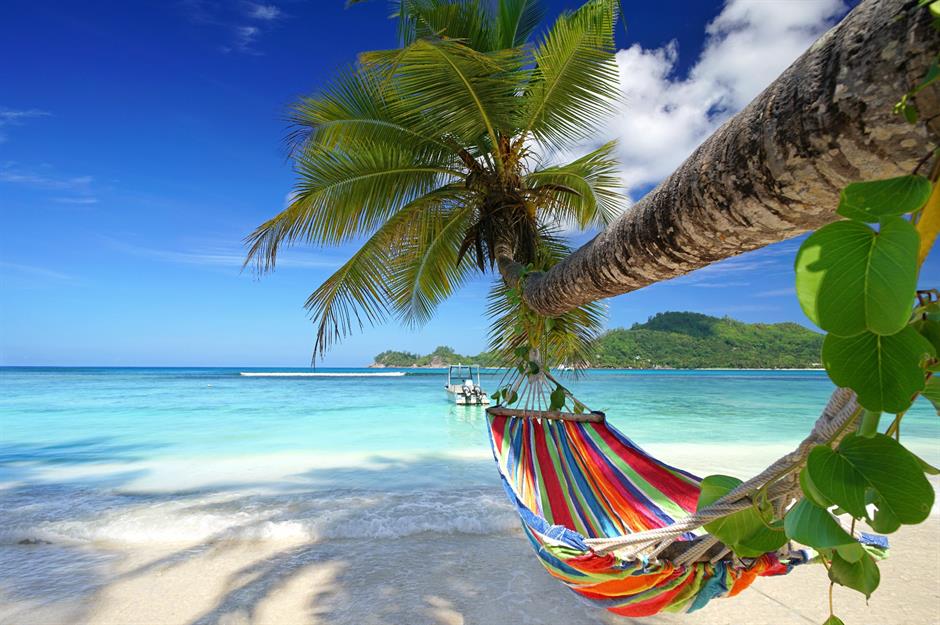
Index score: 74.07.
A dream holiday destination for many, the Seychelles is made up of over 100 islands (115, to be precise). The island group has earned itself a reputation for being on the pricier end of the spectrum when it comes to the cost of living, with alcohol particularly costly as it has to be imported. As a result, a bottle of mid-range wine will set you back a fair amount, with the average bottle costing around $13.57 (£10.27).
Sponsored Content
22nd most expensive country: Austria
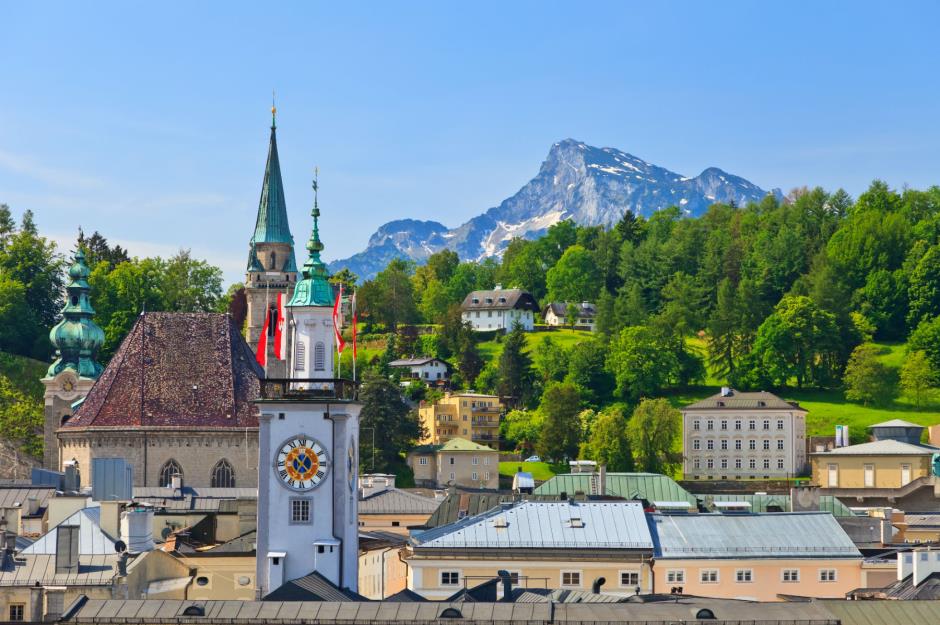
Index score: 74.87.
Landlocked in the heart of Europe, Austria ranks 22nd on our list. Vienna, the capital, ranked first in Mercer's Quality of Living City Ranking for 10 consecutive years between 2009 and 2019 – so although entertainment and dining out costs are high, the locals don't seem to be complaining.
21st most expensive country: Belgium
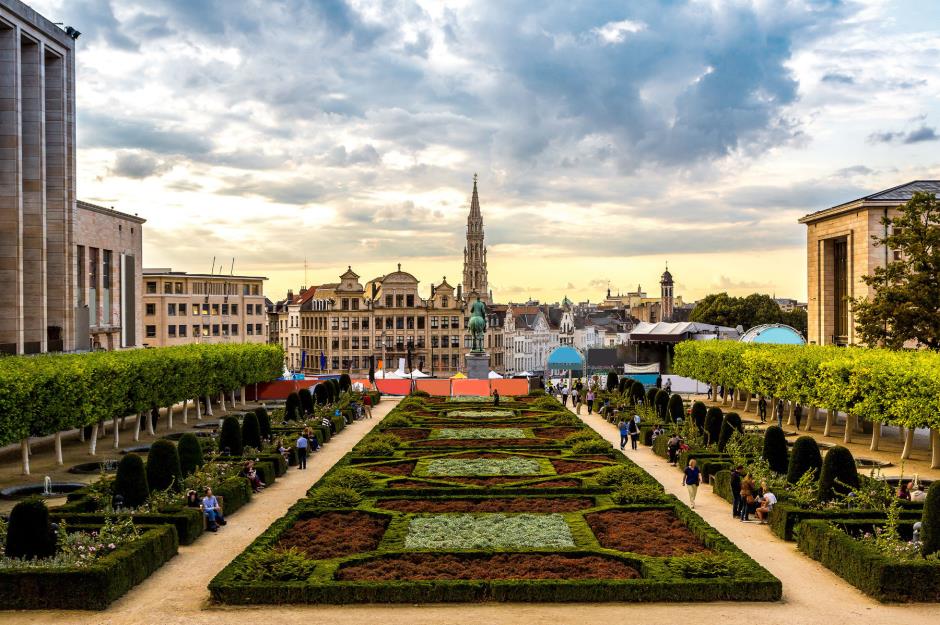
Index score: 75.79.
The epicentre of European politics, Belgium is much more expensive to live in compared to America or the UK, where consumer prices are 2.77% and 6.11% lower, respectively. However, citizens can enjoy world-class Belgian beer for the bargain price of $4.51 (£3.41) a pint. That's 10.74% cheaper than the cost of a domestic pint in America, and 11.81% cheaper compared to the UK.
20th most expensive country: Sweden

Index score: 75.89.
While still expensive, Sweden has the lowest living costs of all the Scandinavian countries. Despite this, it's the lowest ranked Scandinavian country in terms of the Quality of Life Index, although it still scores highly with 170.19. Perhaps this is due to the strict alcohol monopoly in the country, which restricts supermarkets and grocery stores from selling drinks exceeding 3.5% in strength. Wines and spirits need to be purchased at state-run liquor stores or licensed venues, such as bars, and come at a much higher cost.
Sponsored Content
19th most expensive country: New Zealand
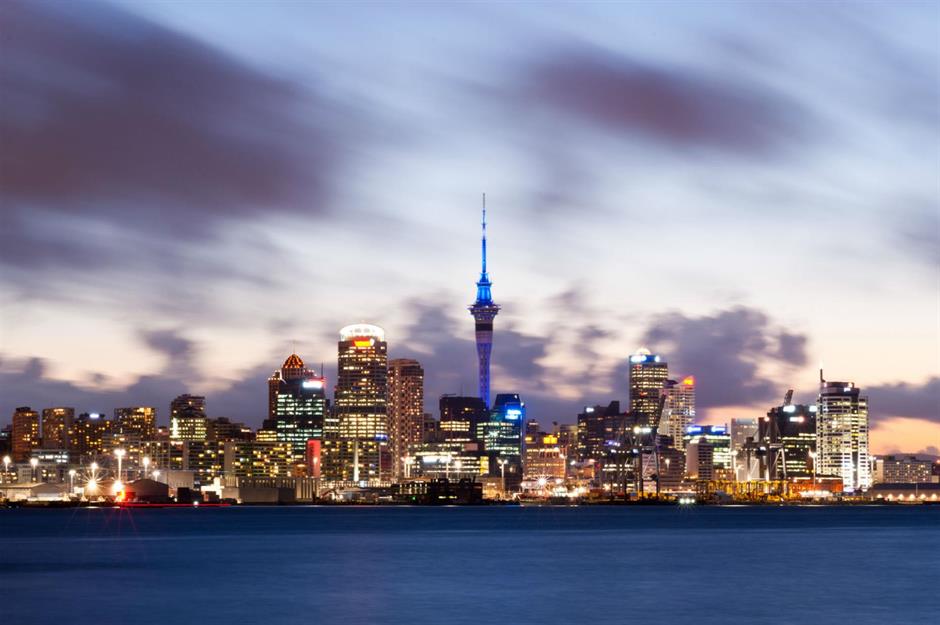
Index score: 76.31.
New Zealand ranks 9th overall on the Quality of Life Index, despite being the 19th most expensive country in the world. One of the main reasons why the cost of living is so high in New Zealand is the fact that it has to import so many of its goods, which are then saddled with import taxes. Housing is also expensive, particularly in Auckland where the average property price was NZ $1.2 million ($815k/£603k) in September 2021, according to Statista.
18th most expensive country: Finland
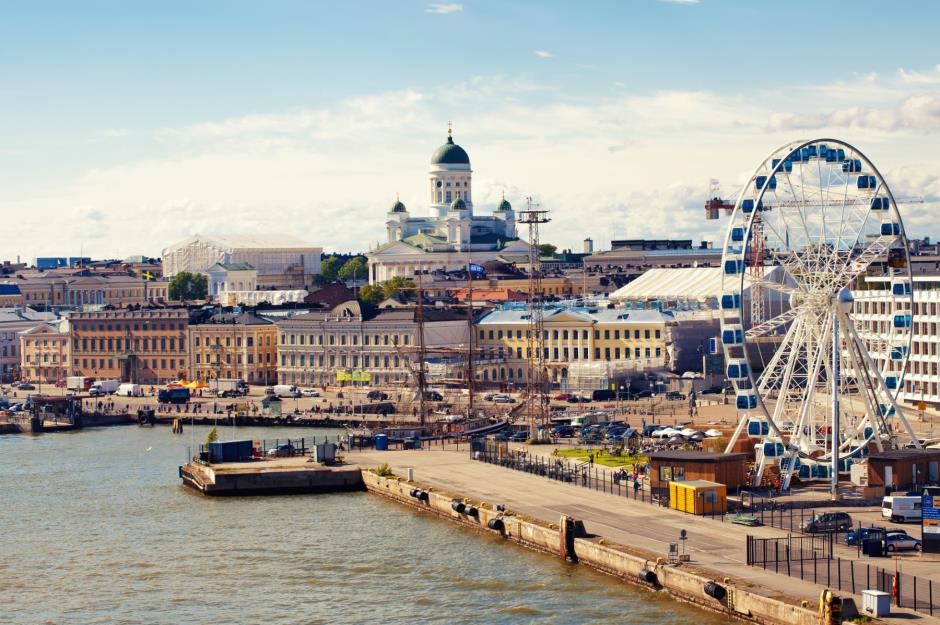
Index score: 76.35.
Finland is also one of the priciest nations on the planet, with commodities including water, beer, petrol, and cinema tickets all ranking within the top 10 most expensive compared to the rest of the world. Despite the high cost of everyday commodities, Finland has topped the World Happiness Ranking for four years in a row as of 2021. What's more, it's made the top five every year since the report started back in 2013.
17th most expensive country: South Korea
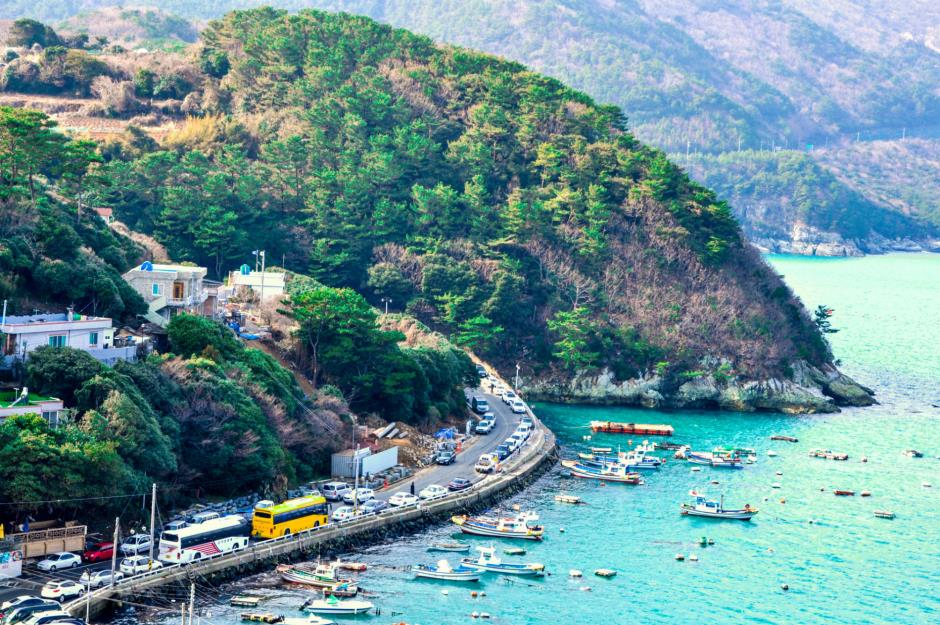
Index score: 76.46.
The cost of buying groceries is extremely high in South Korea. Rice might be a staple of the Korean diet, but it costs $3.80 (£2.87) per kilo on average. That's the third highest rice price of all the countries on our list, after the US and Japan. In contrast, however, South Korea falls at the cheaper end of the spectrum when it comes to eating out. The average price of a three-course meal for two at a mid-range restaurant comes in at a reasonable $38.14 (£28.84). Compare this to the cost of dining in America, where the same meal would set you back around $60 (£45.38).
Sponsored Content
16th most expensive country: France
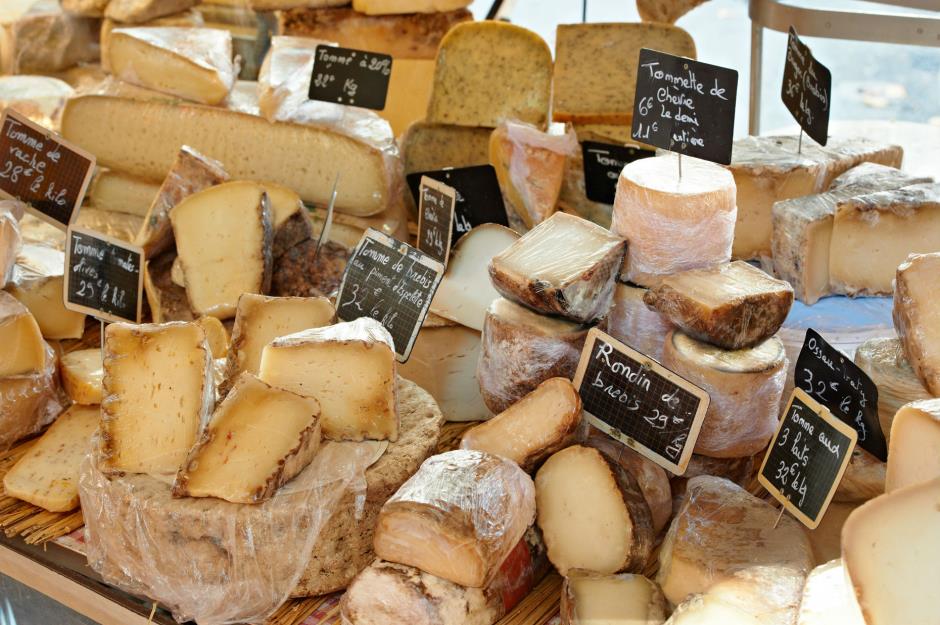
Index score: 77.59.
Paris is the second most expensive city in the world, and France as a whole isn't far behind, ranking 16th in our round-up. That said, citizens can indulge in the country's world-renowned wine at great prices. As an example, a bottle of mid-range wine comes in at just $7.90 (£5.97), cheaper than in both the UK and the US, as well as many other countries on our list. Its cheese, on the other hand, while some of the best, is also the world's sixth most expensive. It costs a whopping $17.88 (£13.52) per kilo.
15th most expensive country: Ireland
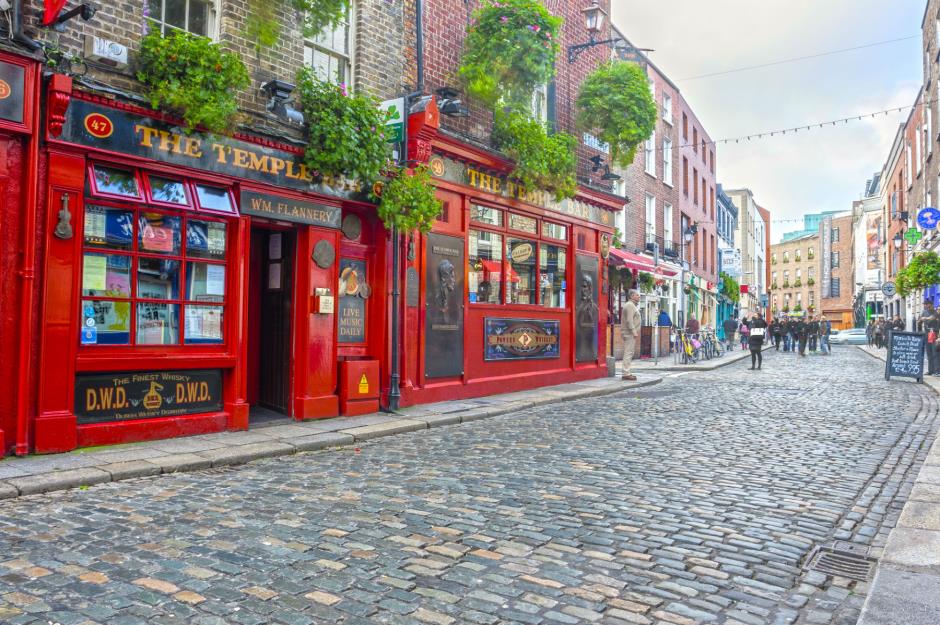
Index score: 78.55.
Due to high VAT rates, the cost of living in Ireland is sky-high compared to the neighbouring UK, where restaurants, rent, and grocery prices are all significantly lower. Ireland's geography doesn't help to keep things cheap. Like the UK, the fact it's an island means it must import necessary goods. But unlike the UK, it also has to contend with a lack of natural resources. The country imports around 90% of its power, according to The Irish Times, and its average electricity prices are some of the highest in Europe.
14th most expensive country: Netherlands
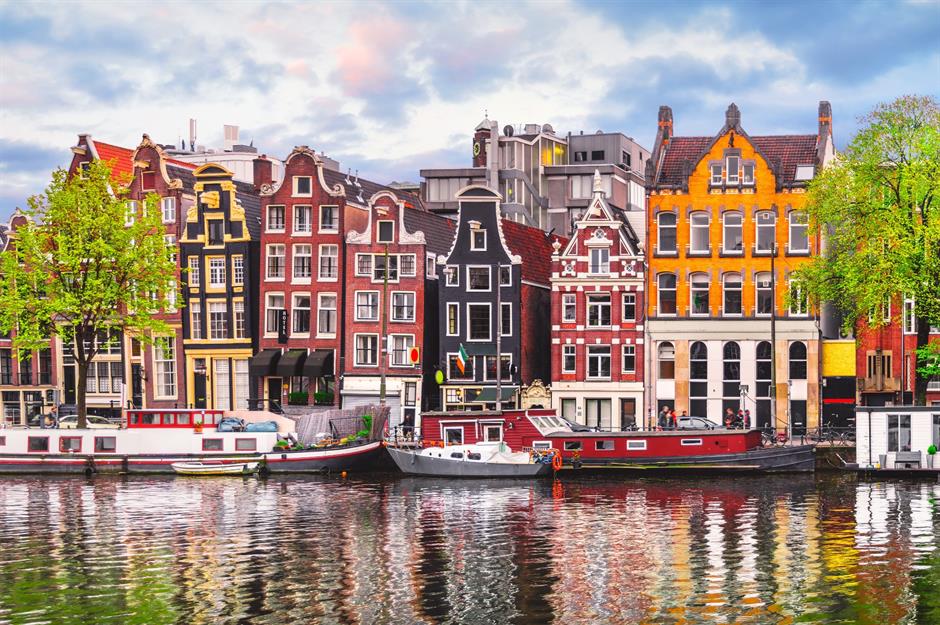
Index score: 78.93.
The Netherlands is one of the least polluted countries in Europe, with an ultra-low score of 25.39. As a result, petrol does come at a premium price, costing $1.92 (£1.45) per litre on average. Low pollution levels, coupled with low crime rates, help the country rank third overall on the Quality of Life Index, despite being the world's 14th most expensive nation.
Sponsored Content
13th most expensive country: Australia
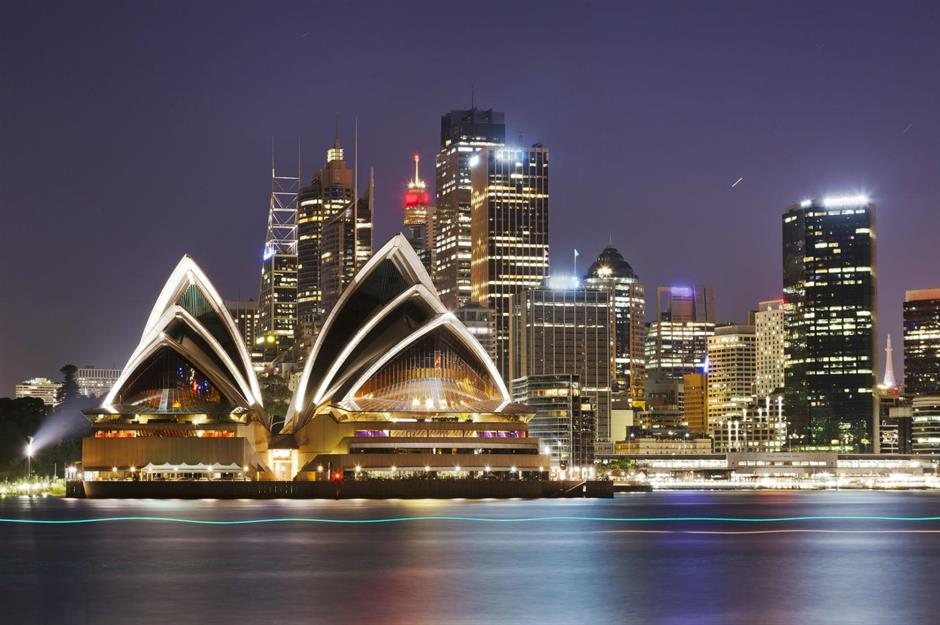
Index score: 80.75.
Like neighbouring New Zealand, Australia relies heavily on imports, which pushes up the prices of many everyday items. According to Expatisan, the average costs for a single person living in Sydney – Australia's most expensive city – add up to an eye-watering AU $3,778 ($2.7k or £2k) a month. Rent or mortgage payments account for a large chunk of this. The average property price in Sydney in 2020 was AU $1.14 million, the equivalent of $825,246 or £609,102.
12th most expensive country: Hong Kong
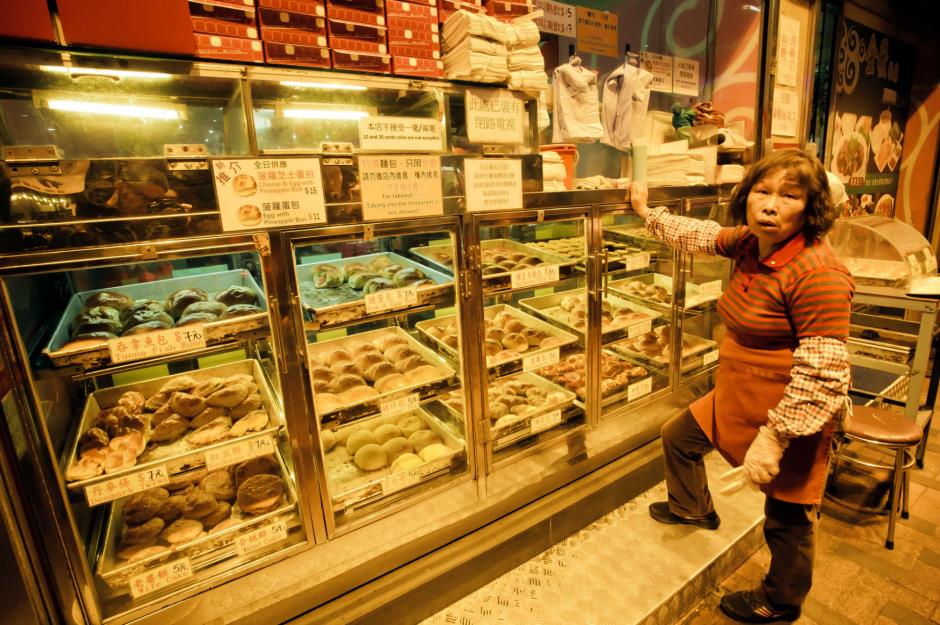
Index score: 80.82.
Prices in Hong Kong are generally double that of mainland China, so residents need long purse strings to get by. Groceries are 45.81% more expensive in Hong Kong compared to China, while restaurant bills are typically 51.76% higher. On the bright side, however, purchasing power in Hong Kong is 11.22% stronger compared to China, meaning that, despite the higher prices, it's easier to find better value for money.
11th most expensive country: Japan

Index score: 81.15 .
Osaka was rated as the 10th most expensive city in 2021. Day-to-day living costs in Japan as a whole are equally high, with the country only just falling outside the top 10 most expensive countries to live in. Residents can take solace in the fact that Japan, after South Korea, is the second least expensive country on our list in which to enjoy a meal out. A three-course meal for two at a mid-range restaurant costs $43.49 (£32.90) on average.
Sponsored Content
10th most expensive country: Singapore
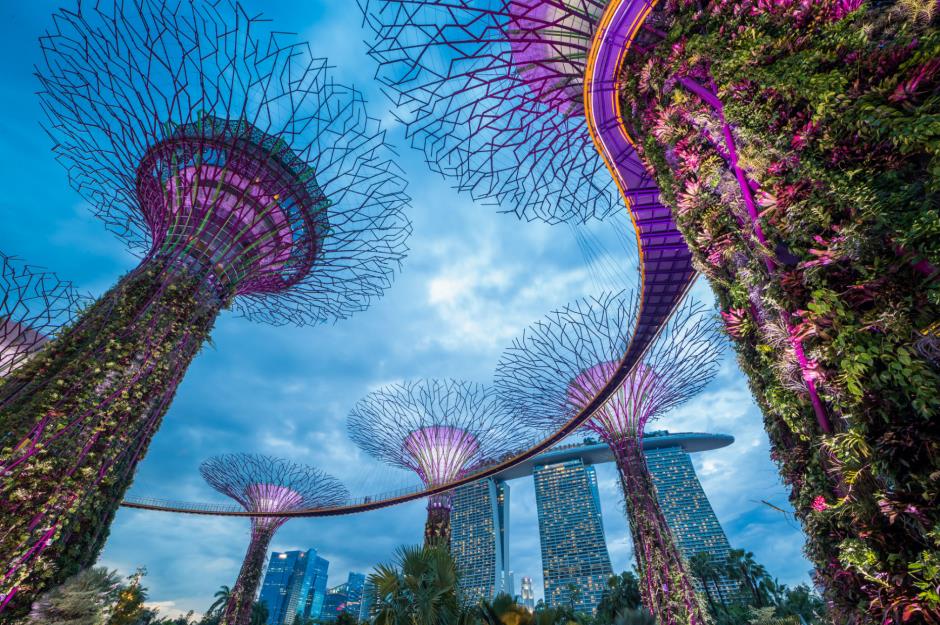
Index score: 82.63.
Alcohol in Singapore is considered a luxury item, making it extortionately expensive. A mid-range bottle of wine costs $21.99 (£16.64). To put that into perspective, indulging in a glass of wine in Singapore is 45.43% more expensive than in America. That's not all that's costly either; childcare in Singapore is among the world's most expensive, costing the average family a staggering $18,000 (£13.3k) a year.
9th most expensive country: Bahamas
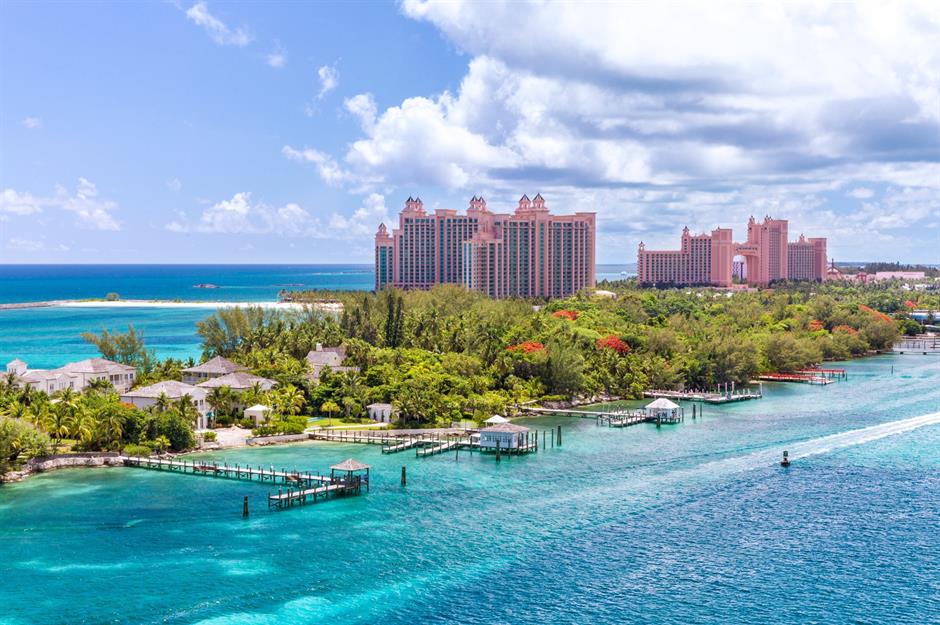
Index score: 84.32.
Ever daydream about escaping to the paradise that is the Bahamas? Well, unfortunately, island life comes at a cost. The majority of commodities have to be imported, which is a contributing factor towards the steep cost of living. And while other tropical locations, such as Barbados and Bermuda, are more expensive to buy groceries in, prices in the Bahamas are still steep due to a competitive housing market and high import taxes.
8th most expensive country: Israel
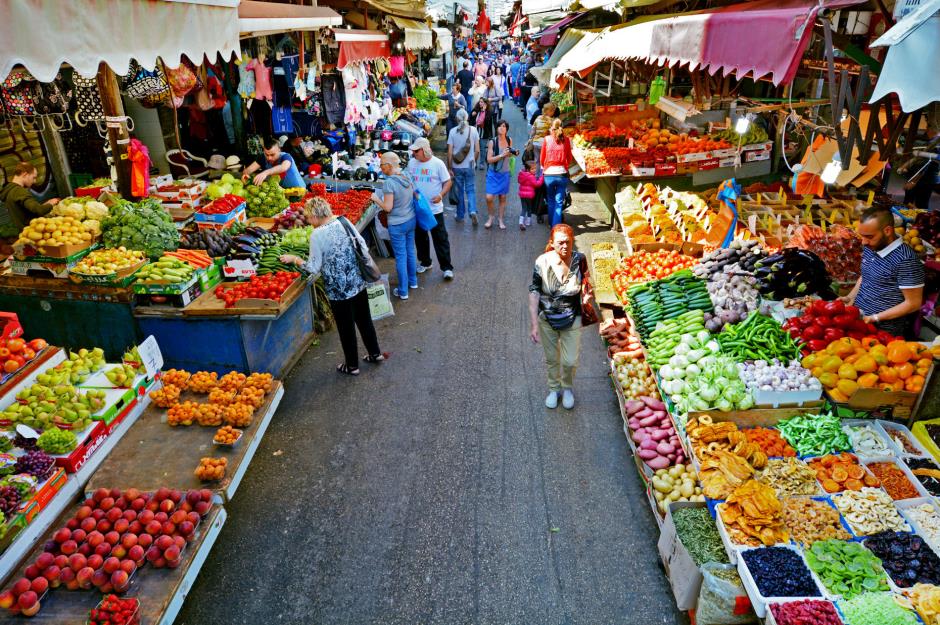
Index score: 84.77.
Tel Aviv was ranked the most expensive city in the world in 2021, not least because it's home to the most expensive McDonald's menu (with prices starting at $17.57/£13.28 for a classic meal). Unsurprisingly, with an index score of 84.77, the cost of day-to-day living in Israel as a whole is steep.
Sponsored Content
7th most expensive country: Luxembourg
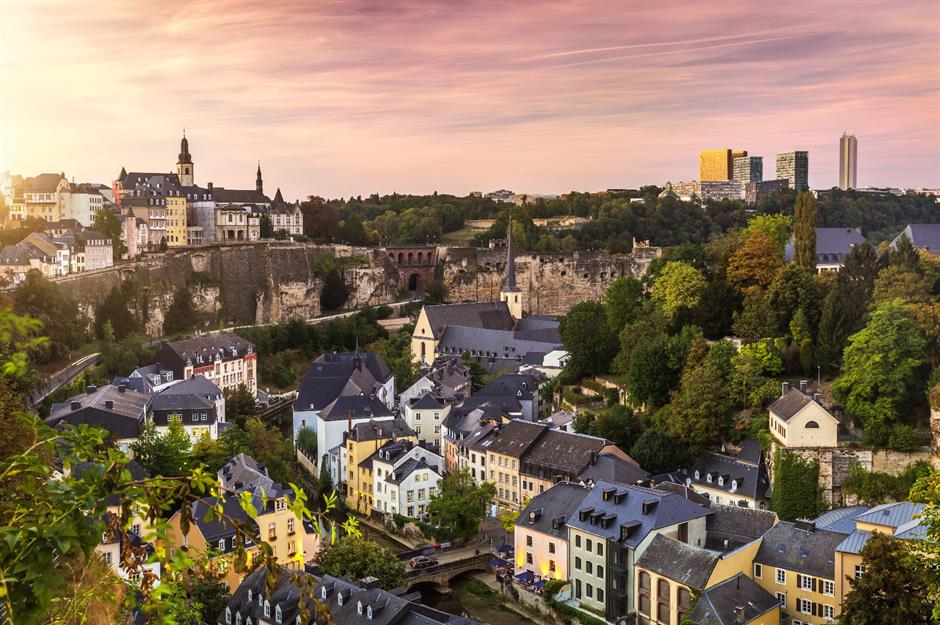
Index score: 85.30.
Luxembourg has a small population compared to most countries on this list, with just over 632,000 inhabitants. The country has an impressive minimum wage of €15.27 ($17.22/£13) per hour for skilled workers over the age of 18, which is one of the highest in the world. And it's not just Luxembourgers who are benefiting from it, as the majority of the country's workforce is made up of cross-border workers from France and other neighbouring countries. Despite the generous wages, most Luxembourg residents still choose to do their grocery shopping in France, where everything is considerably cheaper.
6th most expensive country: Denmark
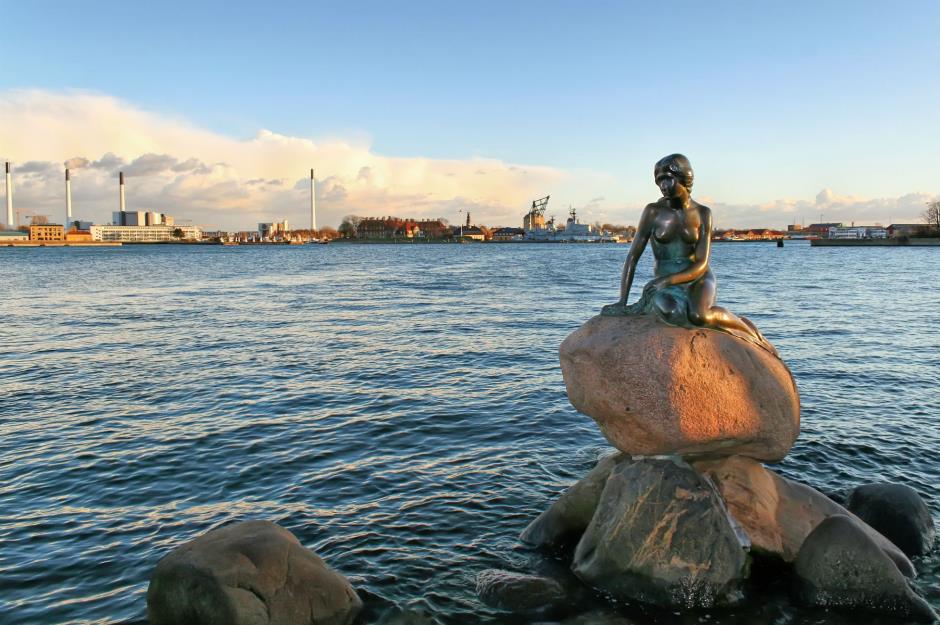
Index score: 88.53.
Copenhagen ranks as the 8th most expensive city in the world. The Danish capital is particularly pricey for anyone wishing to do some retail therapy: a pair of jeans, for example, are more expensive than in any other city, with a price tag of $114.15 (£86.30). Shoes don't come cheap either, with a pair of Nikes or similar costing $121.24 (£91.66). Denmark's overall cost of living is steep in general, and just misses out on ranking in the top five most expensive countries to live in.
5th most expensive country: Barbados
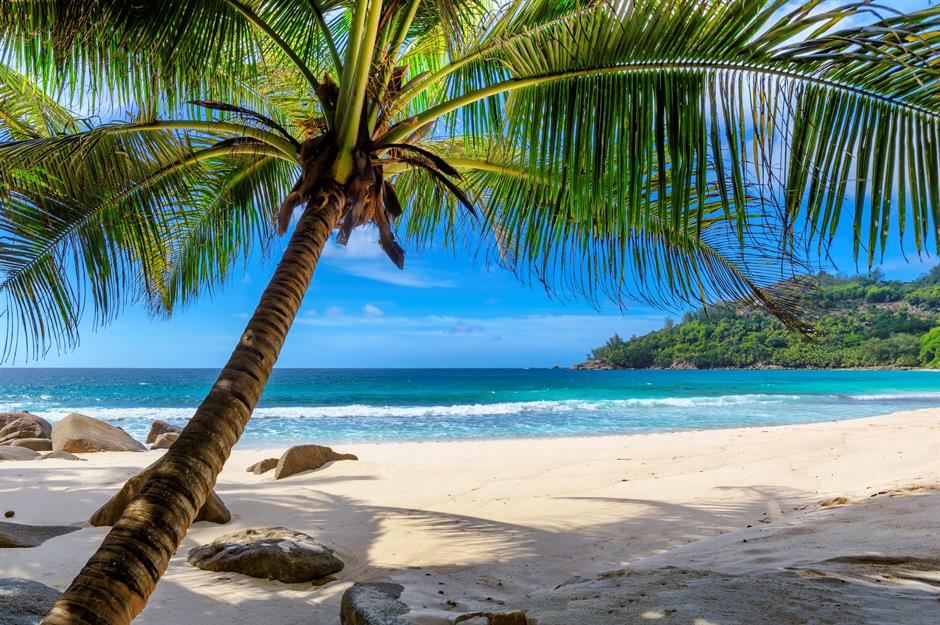
Index score: 94.44.
Much like the Bahamas, living in Barbados comes with logistical challenges that contribute to it being one of the priciest places to reside. Importing goods makes everything more expensive and local purchasing power in Barbados ranks low, at just 30.74. The cost of island life hasn't dented the country's education system, however. The Barbados government has poured a lot of money into the predominantly state-owned system, and the island has one of the world's highest literacy rates at 99.6%.
Sponsored Content
4th most expensive country: Iceland

Index score: 99.67.
Iceland has tight regulations when it comes to importing foreign goods, which ultimately drives up the prices of products. In fact, grocery prices in the county are among the highest in the world. There is some consolation when it comes to the cost of utilities, however, as the country's infrastructure relies heavily on inexpensive geothermal heating.
3rd most expensive country: Norway
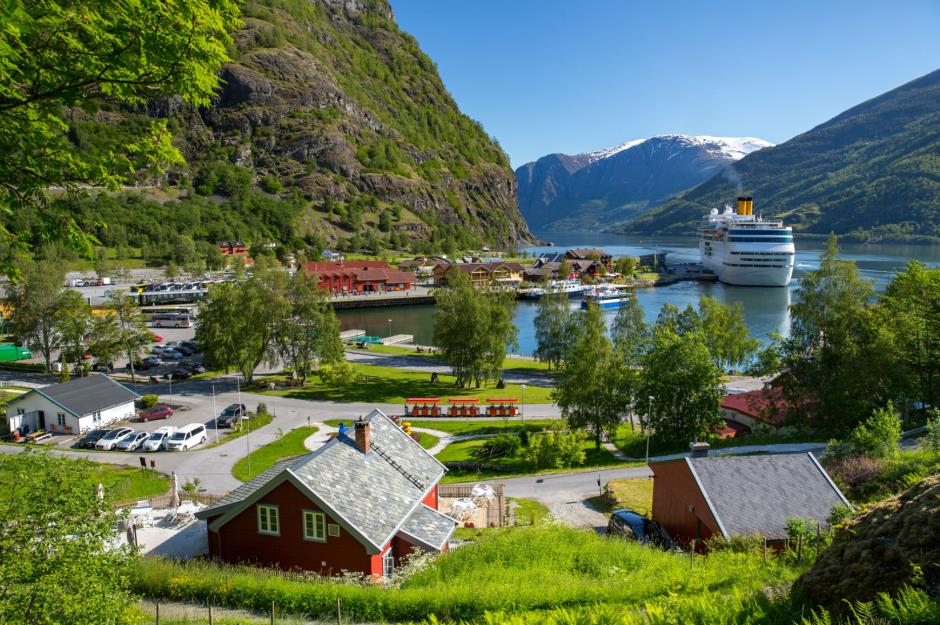
Index score: 103.56.
The priciest of the Scandinavian countries, Norway takes third place overall on our list. It has a steep VAT rate of 25%, one of the highest in the world, which pushes up the cost of most everyday items. Food has a lower tax rate at just 15%, but is still considered expensive. In fact, Norway is the third most expensive place in the world to buy groceries; food shopping in Norway is 29.67% more costly than in neighbouring Sweden.
2nd most expensive country: Switzerland
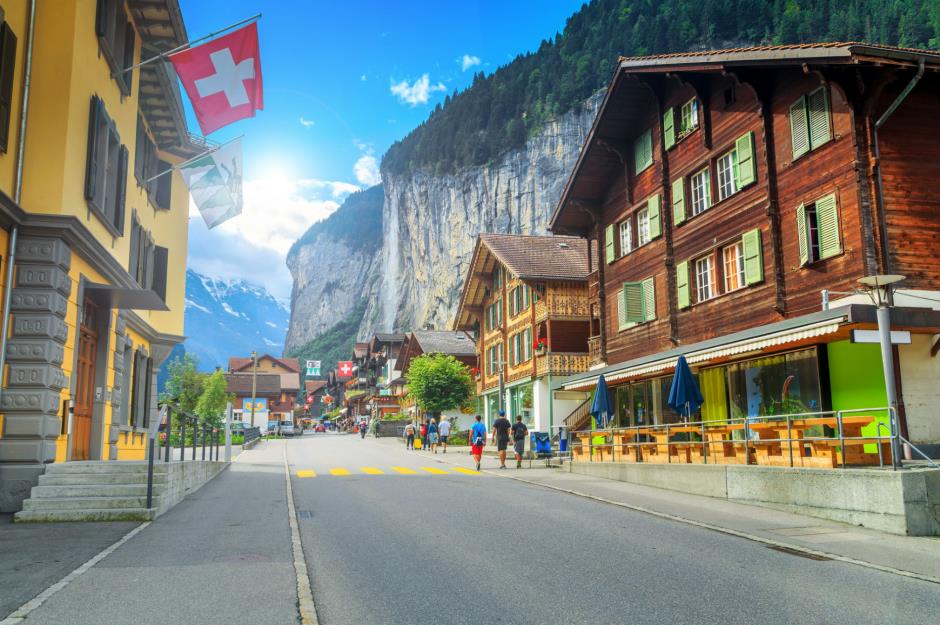
Index score: 125.02
Both Geneva and Zurich are among the world's 10 most expensive cities, with life in Switzerland exorbitantly priced in general. Childcare, dining out, and cinema tickets are just a few examples of everyday things for which the country is among the most expensive in the world. On the plus side, the country boasts high purchasing power with a score of 102.77, so if you can afford it, Switzerland can offer an excellent lifestyle. Want further proof? It claims the top spot in the Quality of Life Index.
Sponsored Content
The most expensive country in the world: Bermuda
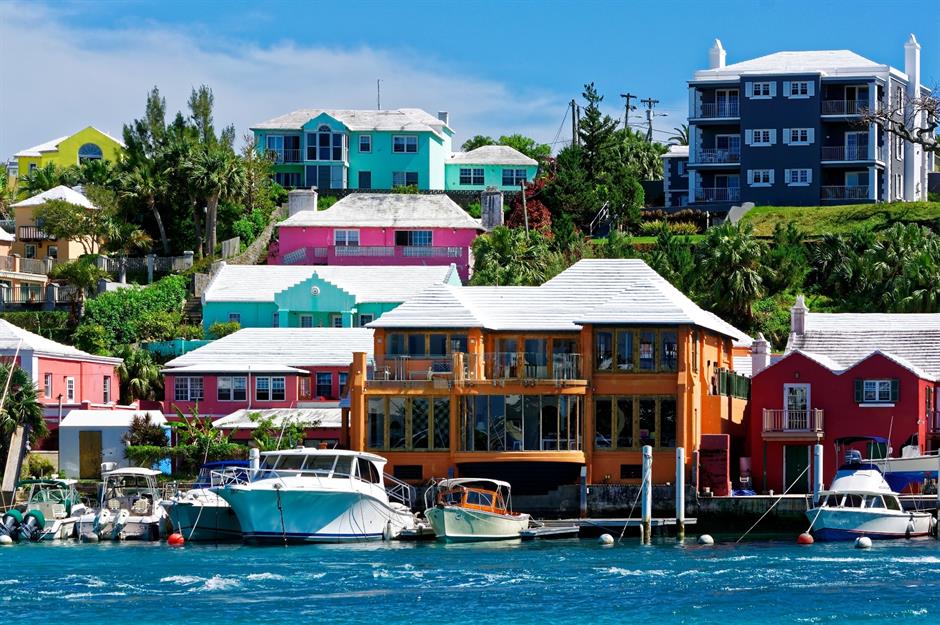
Index score: 147.51.
Bermuda has surpassed Switzerland to become the most expensive country in the world to live in. Like many other island nations, Bermuda produces almost no food or consumer goods and is completely dependent on commodities being shipped in, usually from the US. As a result, it's the most costly country in the world to buy groceries. What's more, import taxes in Bermuda are exorbitant, resulting in higher costs on the retail value of everything from food to fuel. In fact, import taxes are the government's second-largest source of revenue after payroll taxes.
Now take a look at the cost of the world's biggest problems, and who could afford to fix them
Comments
Be the first to comment
Do you want to comment on this article? You need to be signed in for this feature